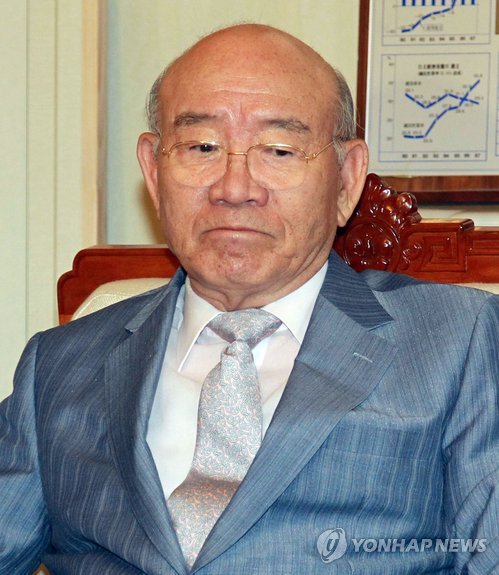- California Assembly OKs highest minimum wage in nation
- S. Korea unveils first graphic cigarette warnings
- US joins with South Korea, Japan in bid to deter North Korea
- LPGA golfer Chun In-gee finally back in action
- S. Korea won’t be top seed in final World Cup qualification round
- US men’s soccer misses 2nd straight Olympics
- US back on track in qualifying with 4-0 win over Guatemala
- High-intensity workout injuries spawn cottage industry
- CDC expands range of Zika mosquitoes into parts of Northeast
- Who knew? ‘The Walking Dead’ is helping families connect
U.S. seizes $500K more from ex-Korean President Chun’s family
WASHINGTON (Yonhap) — The United States said Wednesday it has seized about US$500,000 in assets traceable to proceeds from corruption accumulated by former South Korean President Chun Doo-hwan, vowing to deny foreign officials safe haven for their corrupt assets.
The seized assets are an investment that a daughter-in-law of the former South Korean president made in a Pennsylvania limited partnership, the Justice Department said in a press release. It did not elaborate on who the daughter-in-law is.
The latest seizure brought the total value of seized corruption proceeds from Chun’s family to more than $1.2 million. In February, the department also seized $726,000 in proceeds from the sale of a house Chun’s son, Jae-yong, purchased in California in 2005.
“Chun Doo-hwan orchestrated a vast campaign of corruption while serving as Korea’s president,” Assistant Attorney General Caldwell said in the release. “President Chun amassed more than $200 million in bribes while in office, and he and his relatives systematically laundered these funds through a complex web of transactions in the United States and Korea.”
Wednesday’s seizure underscores how the United States “will use every available means to deny corrupt foreign officials and their relatives safe haven for their assets in the United States,” Caldwell said.
The department also said that the U.S. is working closely with South Korea’s prosecution, the justice ministry and other law enforcement agencies to forfeit corruption proceeds that Chun and his relatives are believed to have laundered through a web of nominees and shell companies in both countries.
















